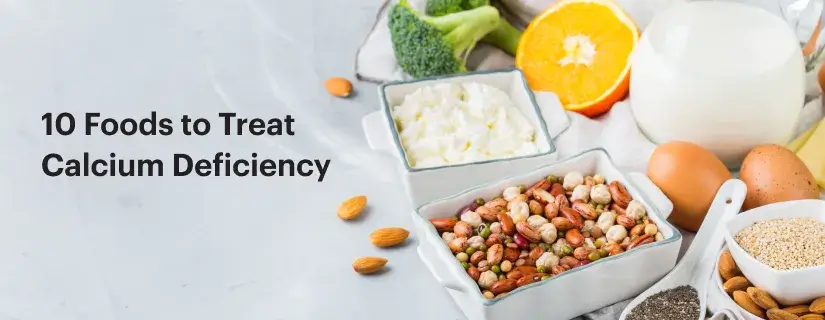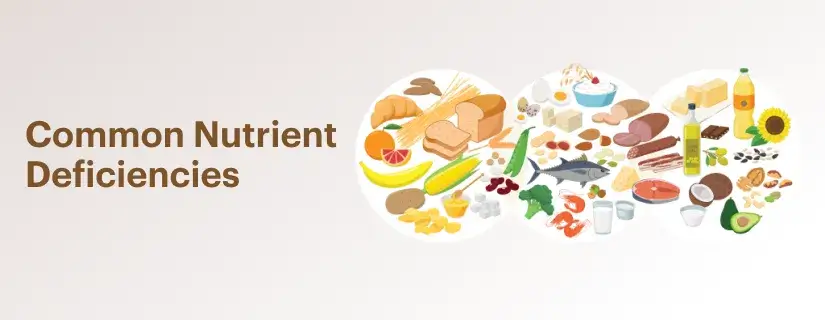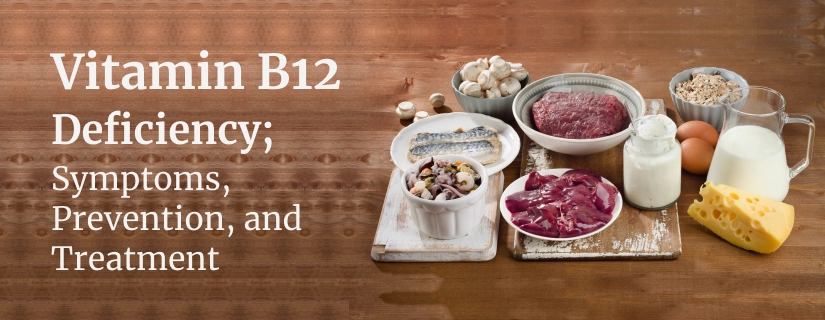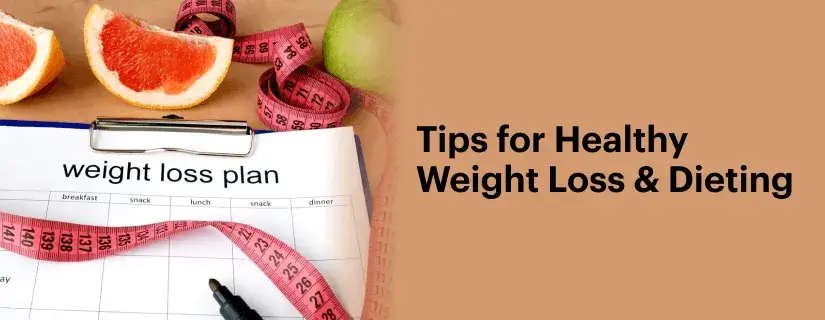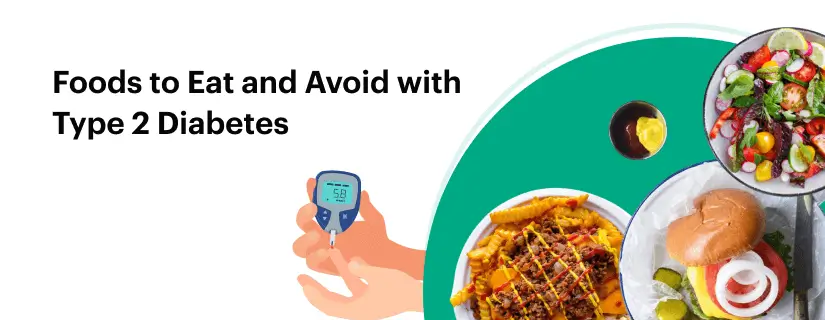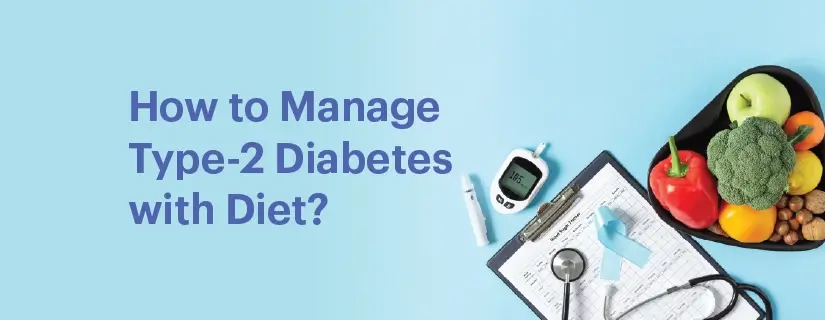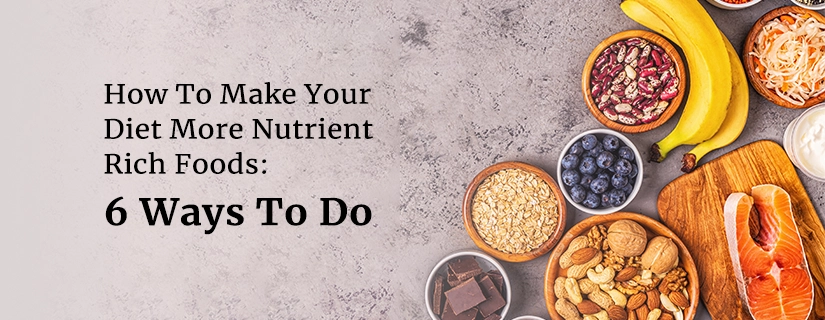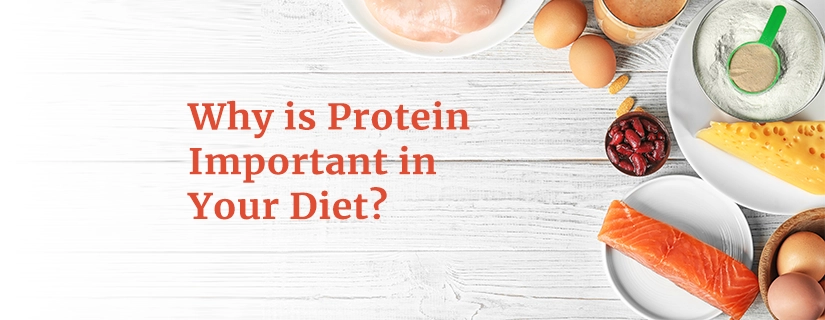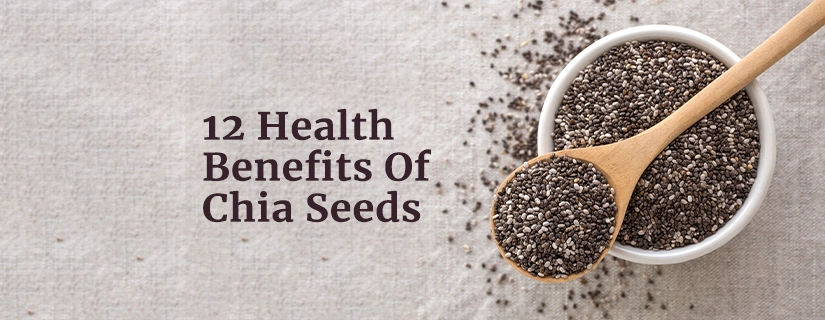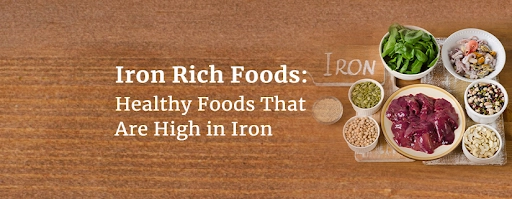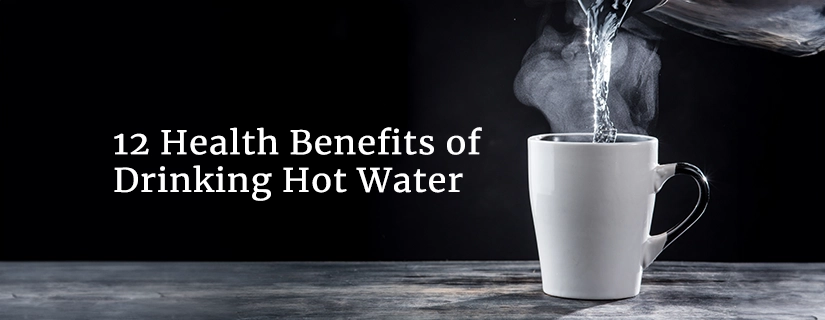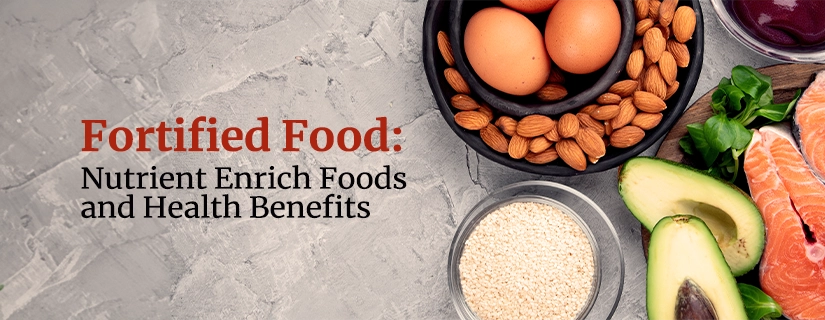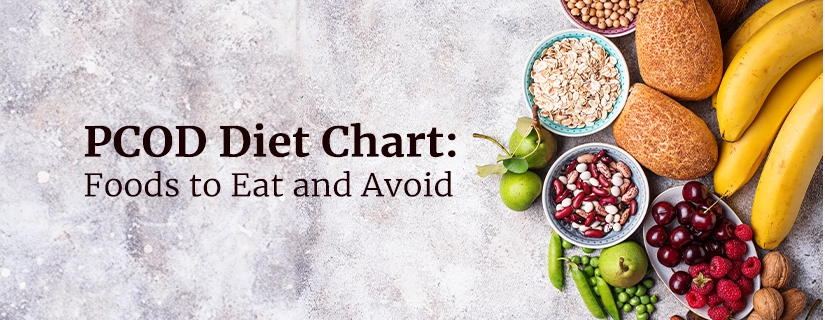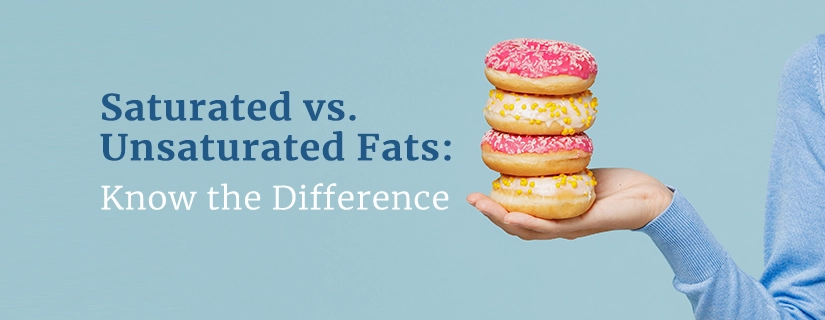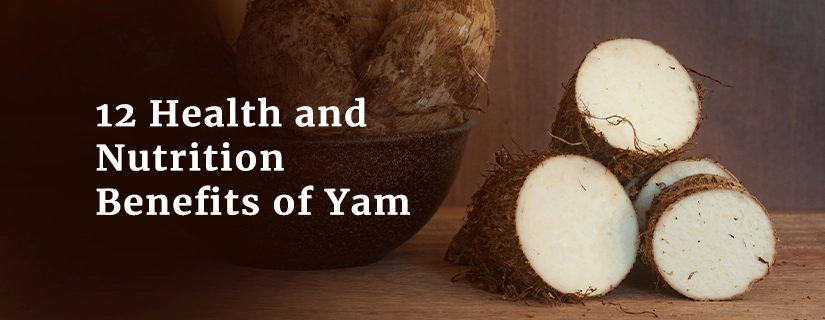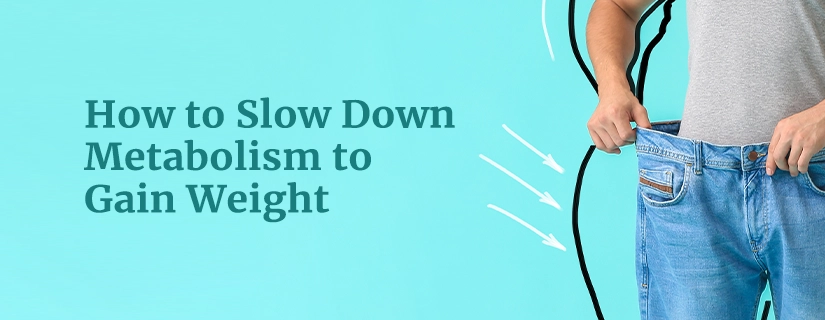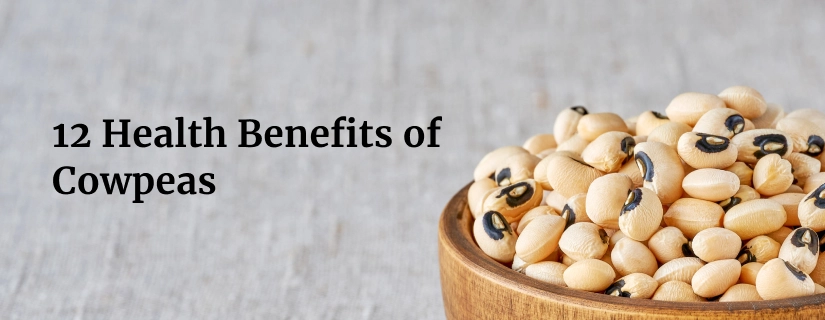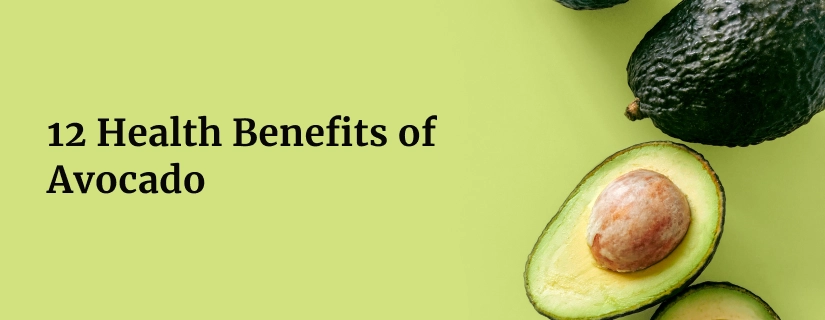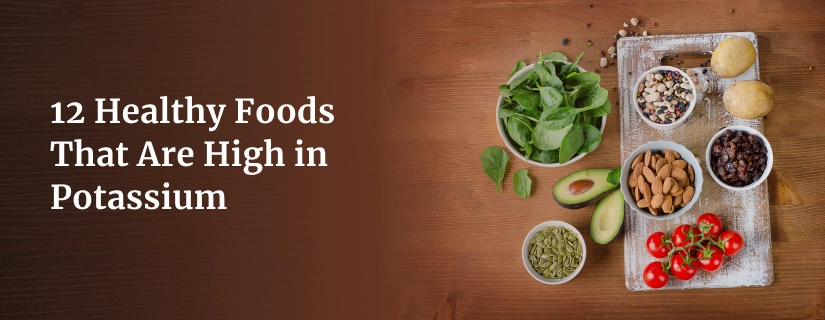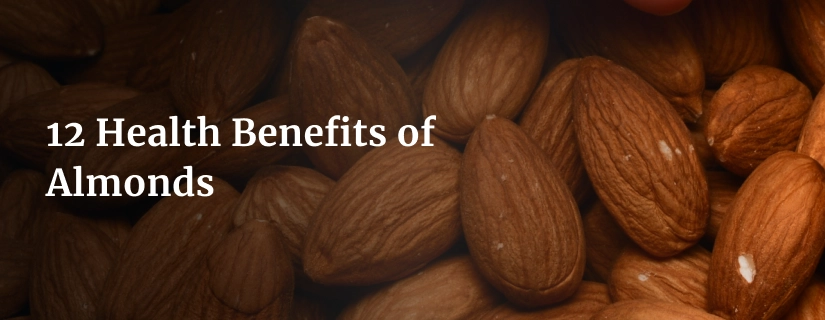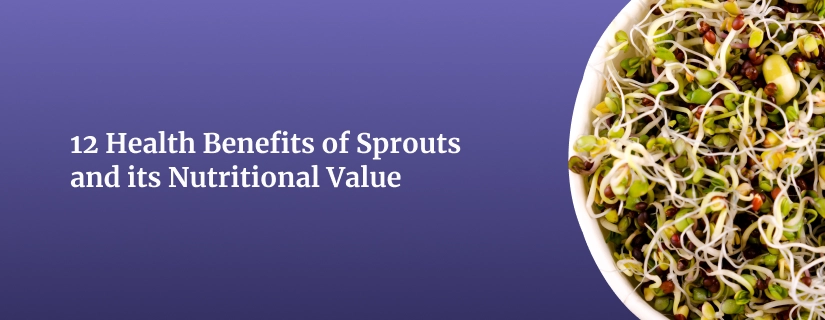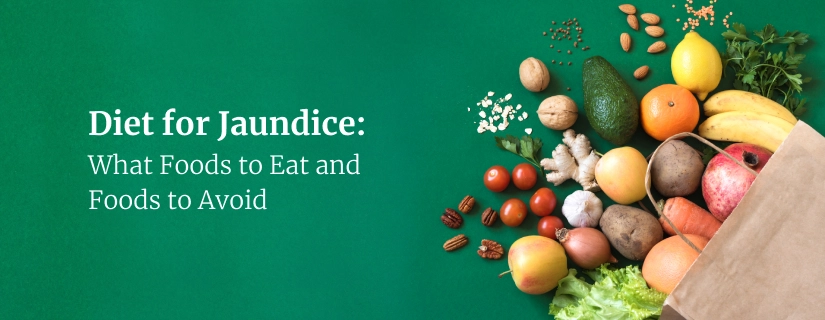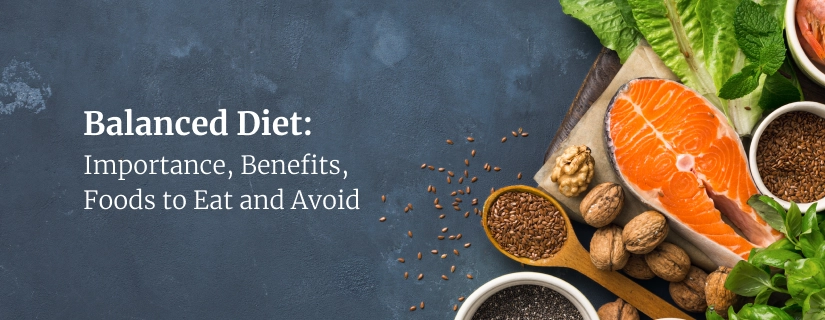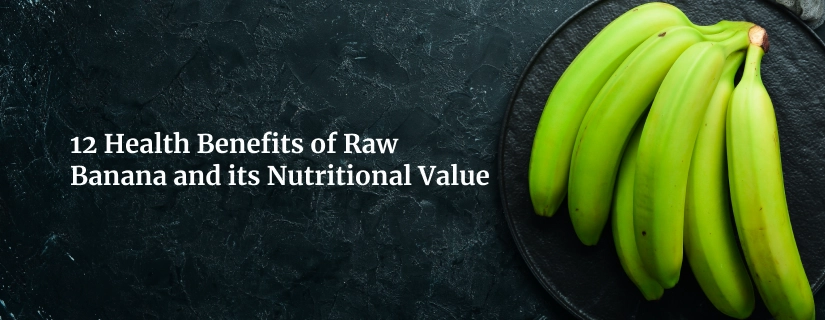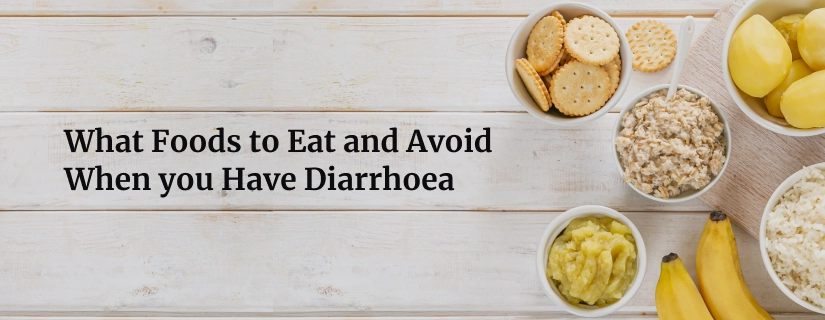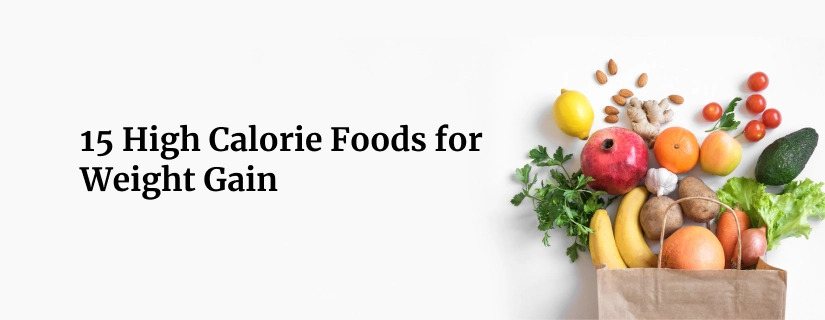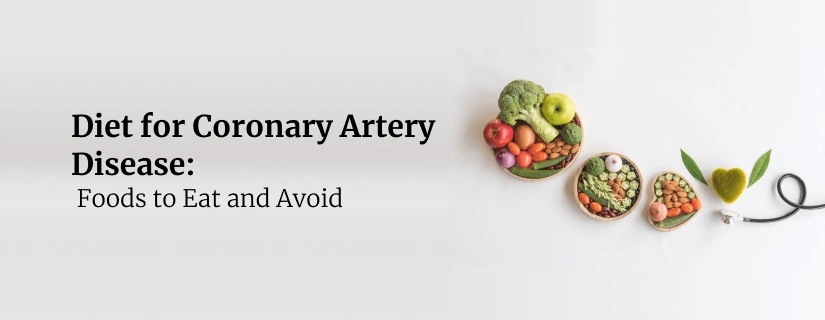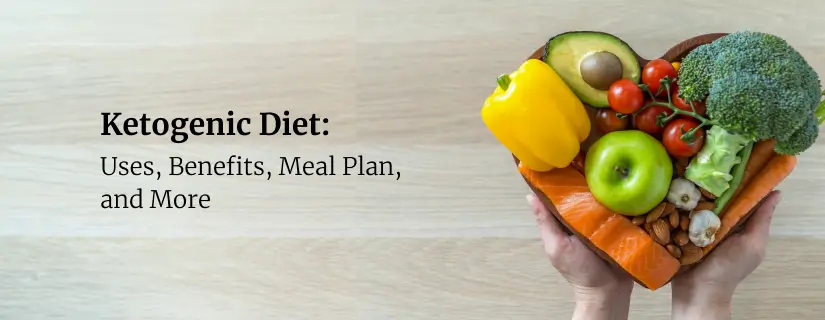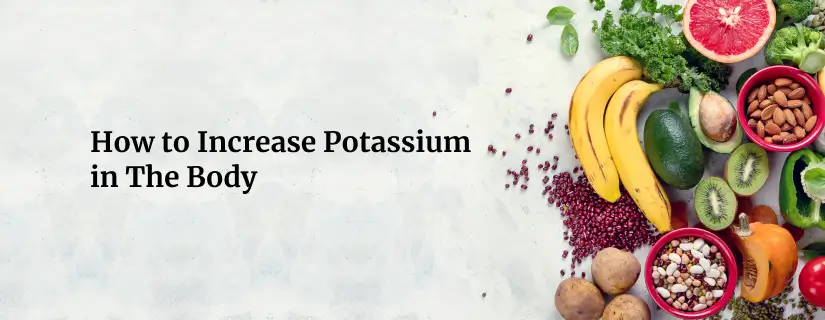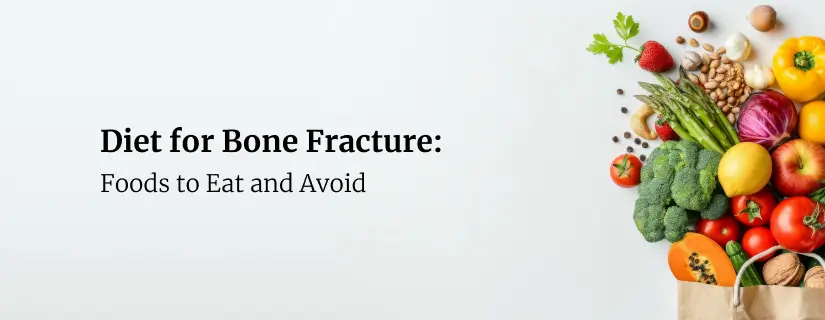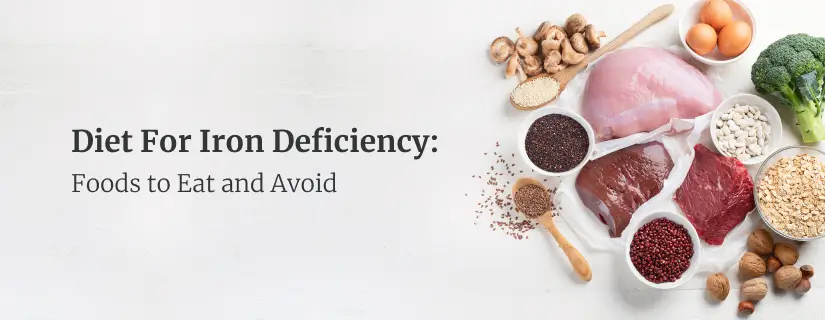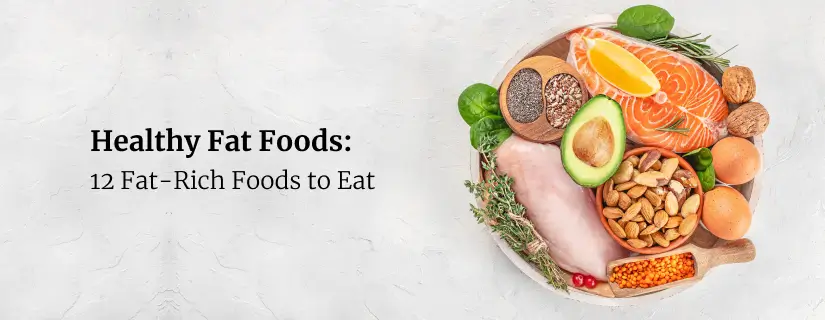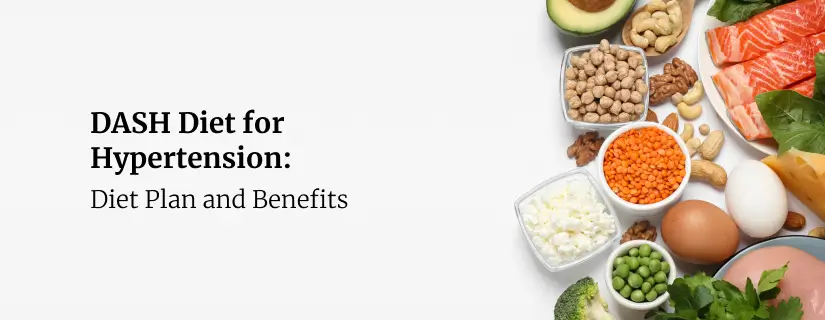-
Doctors
-
Specialities & Treatments
Centre of Excellence
Specialties
Treatments and Procedures
Hospitals & Directions HyderabadCARE Hospitals, Banjara Hills CARE Outpatient Centre, Banjara Hills CARE Hospitals, HITEC City CARE Hospitals, Nampally Gurunanak CARE Hospitals, Musheerabad CARE Hospitals Outpatient Centre, HITEC City CARE Hospitals, Malakpet
HyderabadCARE Hospitals, Banjara Hills CARE Outpatient Centre, Banjara Hills CARE Hospitals, HITEC City CARE Hospitals, Nampally Gurunanak CARE Hospitals, Musheerabad CARE Hospitals Outpatient Centre, HITEC City CARE Hospitals, Malakpet Raipur
Raipur
 Bhubaneswar
Bhubaneswar Visakhapatnam
Visakhapatnam
 Nagpur
Nagpur
 Indore
Indore
 Chh. Sambhajinagar
Chh. SambhajinagarClinics & Medical Centers
Book an AppointmentContact Us
Online Lab Reports
Book an Appointment
Consult Super-Specialist Doctors at CARE Hospitals
How to Lose Weight: 15 Simple Ways
Updated on 26 July 2024

Table of Content
Maintaining body weight can be a daunting challenge in today's fast-paced world. With countless fad diets and conflicting information, it's easy to feel overwhelmed and discouraged. However, the path to sustainable weight loss can be simple and flexible. This guide will provide practical and straightforward strategies to shed those unwanted pounds effortlessly and achieve your desired physique. This is your answer to the question, "How can you lose weight?”
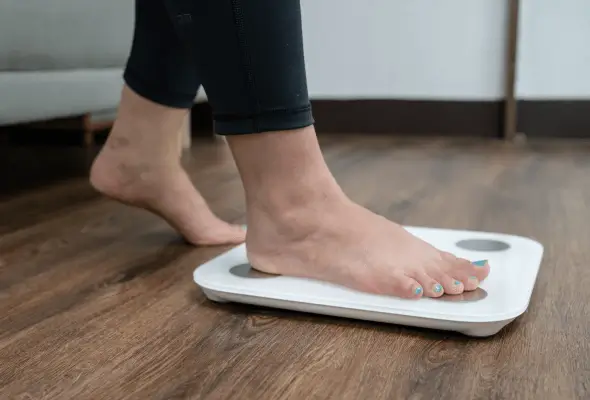
How to Lose Weight: 15 Simple Ways
1. Embrace Mindful Eating:
- Practice meal portion control by using smaller plates and bowls.
- Savour each bite & chew your food thoroughly.
- Pay attention to hunger and fullness cues.
2. Hydrate Yourself:
- Drink plenty of liquid (water, warm herbal teas) throughout the day.
- Infuse your water with fresh fruits, cucumber, and lemon slices for added flavour.
- Replace sugary beverages with water or unsweetened herbal tea.
3. Prioritise Nutrient-dense Foods:
- Always have a variety of colourful vegetables and fruits.
- Take lean proteins, such as chicken, fish, or legumes.
- Prioritise whole grains over refined carbohydrates.
4. Move Your Body:
- Engage in regular stretches and exercises that you enjoy.
- Start strength training to build lean muscle mass.
- Do at least 150 minutes of moderate-intensity exercise per week.
5. Manage Stress Levels:
- Practice stress-relaxation techniques like deep breathing or meditation.
- Engage in activities that make you happy.
- Prioritise quality sleep for optimal physical and mental well-being.
6. Plan Ahead:
- Prepare healthy meals and snacks in advance.
- Pack a nutritious lunch to avoid temptations.
- Keep a well-stocked pantry with wholesome ingredients.
7. Embrace Fibre:
- Incorporate high-fibre foods like fruits, vegetables, and whole grains.
- Fibre promotes feelings of fullness and supports digestion.
8. Stay Accountable:
- Track your progress through a food journal or fitness app.
- Share your objectives with supportive friends or family members.
- Celebrate small victories along the way.
9. Ditch Fad Diets:
- Avoid restrictive or unsustainable eating patterns.
- Focus on creating a balanced and nutritious lifestyle.
10. Slow and Steady Wins the Race:
- Aim for a gradual & sustainable weight loss of approximately one kilogram weekly.
- Abnormal weight loss can be detrimental to your health.
11. Embrace Mindfulness:
- Practice mindfulness techniques to cultivate a positive relationship with food.
- Avoid emotional eating by addressing underlying triggers.
12. Experiment with New Recipes:
- Try new healthy recipes occasionally to keep your meals interesting and satisfying.
- Explore different cuisines and flavours to prevent boredom.
13. Seek Professional Guidance:
- Consult a certified nutritionist or registered dietitian for personalised advice.
- Consider working with a personal trainer for exercise guidance.
14. Incorporate Resistance Training:
- Build lean muscle mass through strength training exercises.
- Increased muscle mass boosts metabolism and aids in weight loss.
15. Be Patient and Persistent:
- Weight loss is a journey; do not make it a destination.
- Celebrate small achievements and focus on progress, not perfection.
Conclusion
How do we lose weight? Achieving sustainable weight loss doesn't have to be a daunting task. By embracing a holistic weight management approach that combines mindful eating, regular physical activity, stress management, and a positive mindset, you can effortlessly shed those unwanted pounds and cultivate a healthier, happier lifestyle. Remember, consistency is key, and progress takes time. Celebrate each step forward and trust the process. Gradually, you can achieve your weight loss goals and maintain a balanced, fulfilling life with dedication and perseverance.
FAQs
1. How much weight can one lose in a week?
A safe and sustainable weight loss is typically 1-2 pounds per week. Sudden weight loss can harm your health and result in nutrient deficiencies or muscle loss.
2. Can I lose weight without exercise?
While exercise is a crucial element of a healthy lifestyle, it is possible to lose weight through dietary changes alone. However, incorporating regular physical activity can accelerate weight loss and provide numerous additional health benefits.
3. What if I am not losing weight or have reached a plateau?
Although weight loss plateaus are common, you can overcome them by adjusting your diet or exercise routine. Consider increasing your calorie deficit, trying new workout routines, or seeking guidance from a professional.
4. Is it better to focus on calories or macronutrients?
Both calorie intake and macronutrient distribution play essential roles in weight loss. While a calorie deficit is necessary, paying attention to the quality of your macronutrients (protein, carbohydrates, and fats) can help optimise your results and support overall health.
5. How can I stay motivated throughout my weight loss journey?
Staying motivated can be challenging, but setting realistic goals, celebrating small victories, and getting support can help you stay on track. Additionally, finding enjoyable physical activities and experimenting with new recipes can make the journey more enjoyable.

ENQUIRY FORM
SELECT CATEGORIES
-
Neurosciences (16)
-
Neurology (37)
-
Neurosurgery (14)
-
Orthopaedics (48)
-
Oncology (33)
-
Obstetrics and gynecology (51)
-
Pulmonology (23)
-
Urology (20)
-
Nephrology (13)
-
Psychiatry (7)
-
Dietetics and Nutrition (111)
-
General Medicine (63)
-
Cardiac Sciences (30)
-
Vascular & Endovascular Surgery and Interventional Radiology (10)
-
Gastroenterology (46)
-
Endocrinology (23)
-
Plastic Surgery (10)
-
Critical Care Medicine (5)
-
COVID-19 (16)
-
Dermatology (16)
-
Emergency Care (1)
-
Ophthalmology (4)
-
Pediatrics (14)
-
Laparoscopic and Bariatric Surgery (8)
-
ENT (15)
-
Kidney Transplant (1)
-
Liver Transplantation and Hepatobiliary Surgery (5)
-
General Surgery (3)
-
Internal Medicine (5)
-
Medicine Information
Pancreatitis Diet: What Foods to Eat and Avoid
8 Health Benefits of Vitamin B Complex
YOU MAY ALSO LIKE
RECENT BLOGS
-

Direct Anterior Approach in Total Hip Replacement: Advantages and Challenges
10 April 2025
Read More
-

Zinc Deficiency: Signs and Symptoms, Causes, Treatment
9 April 2025
Read More
-

Chest Pain When Coughing: Causes, Treatment and Home Remedies
9 April 2025
Read More
-

12 Health Benefits of Eating Mushrooms
8 April 2025
Read More
-

7 Health Benefits of Blood Donation You Should Know About
8 April 2025
Read More
-

Implantation Bleeding Vs Periods: Know the Difference
28 February 2025
Read More
-

Bloating During Ovulation: Symptoms, Causes and Remedies
28 February 2025
Read More
-

Itching During Dengue: Causes, Treatment and Home Remedies
18 February 2025
Read More
Have a Question?
If you cannot find answers to your queries, please fill out the enquiry form or call the number below. We will contact you shortly.





